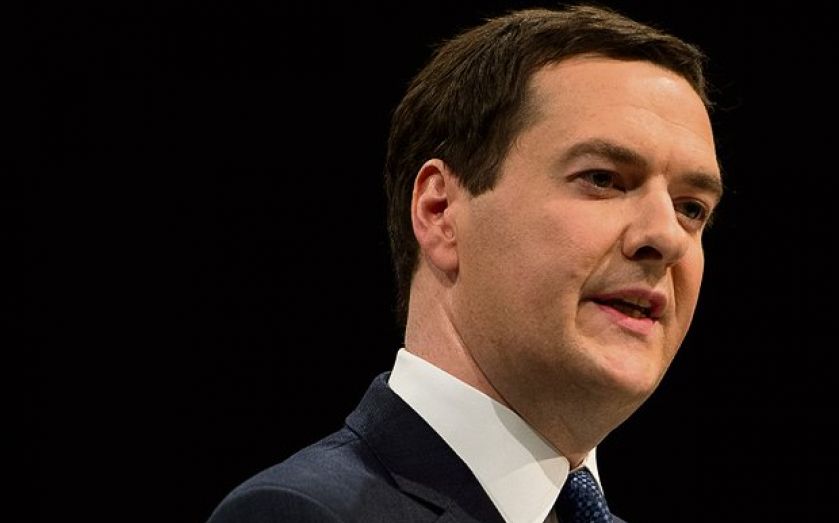UK companies contribute more to taxation bill

BRITAIN’S biggest firms and their employees paid more tax last year despite the falling rate of corporation tax, as business investment and hiring improved, a study from PwC shows today.
The largest listed businesses paid £78bn in the last financial year, up from £77bn in the previous 12 months and around 15 per cent of the UK’s total tax take. The biggest share of taxes paid directly by the firms was employers’ national insurance which brought in £6.1bn.
Corporation tax was next, raising £5.7bn – down 10. 5 per cent on the year as the tax rate fell and profits also dipped 9.1 per cent. The businesses also collected £8.6bn in VAT.
Their staff paid £13bn in income tax and £2.5bn in national insurance, with overall employment tax revenue rising 3.3 per cent.
“The tax bill is rising because the firms are employing more people – the tax year to March 2013 was tough, but even then employment by these firms went up one per cent, and staff pay went up 2.5 per cent,” said PwC’s Robin Freestone.
“And as the headline rate of corporation tax came down from 26 per cent to 24 per cent, firms became more willing to invest – 57 per cent said they will invest more.”
Over a longer period, taxes borne by the UK’s 100 biggest businesses have increased by 11 per cent since 2005. Corporation tax has fallen 40 per cent over that time, while other types of taxes borne have risen by 70 per cent.
“The reduction of corporation tax is about making the UK competitive and boosting economic growth across the whole country,” PwC head of tax Kevin Nicholson said.
“It’s not a surprise that for the first time corporation tax is not the largest tax paid by the UK’s bigger employers. Looking at the full picture of tax paid by business, you see that tax on profits have fallen while taxes on labour and property have increased.”